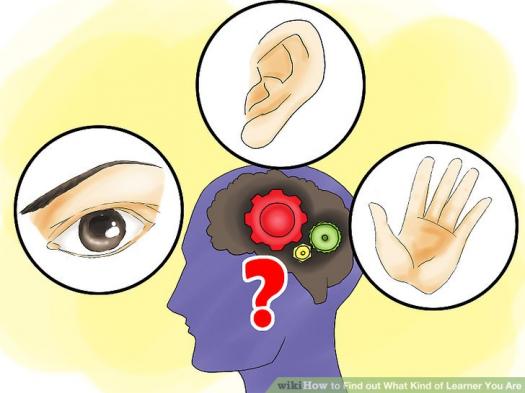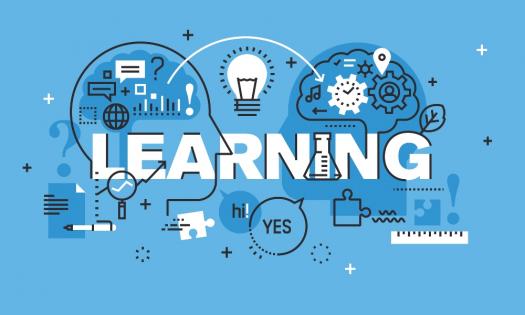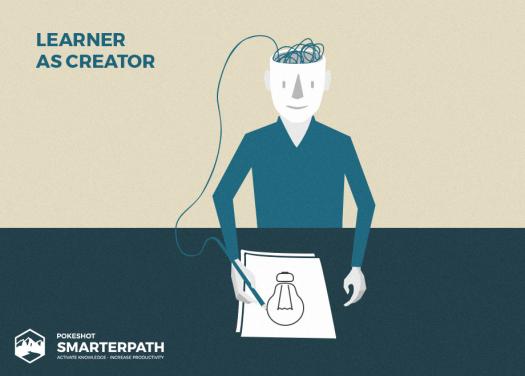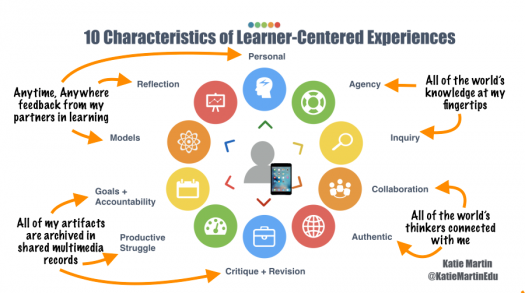How Good Of A Learner Are You? Quiz

Are you familiar with the maxim, learning never ends? It really never ends. Every day is about learning something new and relearning what you know before! Learning is a great experience because it makes you a better person. But are you a fast learner or slow learner? Let's see how much you know about this here.
- 1.
Which of these is not learned?
- A.
Survival instinct
- B.
Skill
- C.
Preference
- D.
Value
Correct Answer
A. Survival instinctExplanation
Survival instinct is not learned because it is an innate behavior that is instinctual and present from birth. It is a natural response to threats or danger that helps ensure an individual's survival. Unlike skills, preferences, and values, which can be acquired and developed through learning and experience, the survival instinct is instinctive and does not require any external teaching or training.Rate this question:
-
- 2.
Which of these fields is not concerned with the process of learning?
- A.
Physiology
- B.
Educational psychology
- C.
Neuropsychology
- D.
Experimental psychology
Correct Answer
A. PhysiologyExplanation
Physiology is not concerned with the process of learning. Physiology is the study of how living organisms function and the processes that occur within their bodies. It focuses on the physical and chemical processes that enable organisms to carry out their functions. While learning is a cognitive process that involves acquiring knowledge or skills, physiology primarily deals with the physical and biological aspects of living organisms. In contrast, educational psychology, neuropsychology, and experimental psychology all explore different aspects of learning and its mechanisms.Rate this question:
-
- 3.
Which of these is not a method by which learning occurs?
- A.
Classical conditioning
- B.
Operant conditioning
- C.
Punishment
- D.
Habituation
Correct Answer
C. PunishmentExplanation
Punishment is not a method by which learning occurs because it involves the application of a negative consequence in response to a behavior, with the intention of reducing the likelihood of that behavior occurring again in the future. While punishment can suppress behavior, it does not necessarily promote learning or the acquisition of new behaviors. Classical conditioning, operant conditioning, and habituation, on the other hand, are all recognized methods of learning. Classical conditioning involves pairing a neutral stimulus with a naturally occurring stimulus to create a response, operant conditioning focuses on the consequences of behavior to shape future behavior, and habituation refers to the decrease in response to a repeated or non-threatening stimulus over time.Rate this question:
-
- 4.
What would you call someone who learn hard concepts easily ?
- A.
Genius
- B.
Habitual learner
- C.
Domainer
- D.
Fast learner
Correct Answer
A. GeniusExplanation
A genius is someone who has exceptional intellectual or creative abilities and is able to grasp difficult concepts easily. They possess a high level of intelligence and have a natural aptitude for learning complex ideas. This term is used to describe individuals who have an innate ability to understand and apply knowledge effortlessly.Rate this question:
-
- 5.
Which of these is associative learning?
- A.
Change due to sensory adaptation
- B.
Change due to injury
- C.
Change due to habituation
- D.
Change due to fatigue
Correct Answer
C. Change due to habituationExplanation
Associative learning refers to the process of connecting or associating two or more stimuli or events. Habituation is a form of associative learning where an organism gradually decreases its response to a repeated or harmless stimulus over time. This change in behavior occurs due to the association between the stimulus and the lack of any significant outcome or consequence. Therefore, "Change due to habituation" is the correct answer as it describes a type of associative learning where a response diminishes in reaction to a repeated stimulus.Rate this question:
-
- 6.
What should you call a person who takes control of his learning?
- A.
Active learner
- B.
Passive learning
- C.
Fast learner
- D.
Slow learner
Correct Answer
A. Active learnerExplanation
An active learner is someone who takes control of their own learning process. They are proactive in seeking out knowledge and actively engage in learning activities. This person takes responsibility for their own learning, sets goals, and actively participates in the learning process. They are motivated to learn and take initiative in acquiring new skills and knowledge. Being an active learner allows individuals to have a more effective and meaningful learning experience.Rate this question:
-
- 7.
Who developed the complex adaptive system?
- A.
Peter Behlohlavek
- B.
Jason Everest
- C.
Joshua Roman
- D.
Walter F. Buckley
Correct Answer
D. Walter F. BuckleyExplanation
In 1968, sociologist Walter F. Buckley introduced the term "complex adaptive system," suggesting a model of cultural evolution. This model views psychological and socio-cultural systems as similar to biological species.Rate this question:
-
- 8.
When you learn by reward, what kind of process has your mind undergone?
- A.
Operant conditioning
- B.
Classical conditioning
- C.
Punishment
- D.
Associative learning
Correct Answer
A. Operant conditioningExplanation
Operant conditioning is a type of learning process in which behavior is strengthened or weakened by the consequences that follow it. In this process, the mind undergoes a reinforcement-based learning, where behaviors that are rewarded or reinforced are more likely to be repeated in the future. This type of learning involves making associations between a specific behavior and its consequences, leading to the development of certain habits or patterns of behavior.Rate this question:
-
- 9.
Who is the first to demonstrate classical conditioning using dogs?
- A.
Ivan Pavlov
- B.
Yuri Armenori
- C.
Roma Alphonso
- D.
Joel Osteen
Correct Answer
A. Ivan PavlovExplanation
Ivan Pavlov is credited with being the first to demonstrate classical conditioning using dogs. He conducted a famous experiment in which he conditioned dogs to associate the sound of a bell with the presentation of food. Over time, the dogs began to salivate at the sound of the bell alone, even without the presence of food. This experiment provided evidence for the process of classical conditioning, in which a neutral stimulus becomes associated with a reflexive response through repeated pairing.Rate this question:
-
- 10.
Which of these scholars did not work on concept of learning?
- A.
John Watson
- B.
Bruce Skinner
- C.
Rick Thoman
- D.
Ivan Pavlov
Correct Answer
C. Rick ThomanExplanation
Rick Thoman did not work on the concept of learning. The other scholars mentioned - John Watson, Bruce Skinner, and Ivan Pavlov - are well-known for their contributions to the field of learning and behavior. Rick Thoman may be a relatively unknown or less influential scholar in this area.Rate this question:
-
Quiz Review Timeline +
Our quizzes are rigorously reviewed, monitored and continuously updated by our expert board to maintain accuracy, relevance, and timeliness.
-
Current Version
-
Feb 21, 2024Quiz Edited by
ProProfs Editorial Team -
Jan 03, 2019Quiz Created by
Gregorynaomi
 Back to top
Back to top












